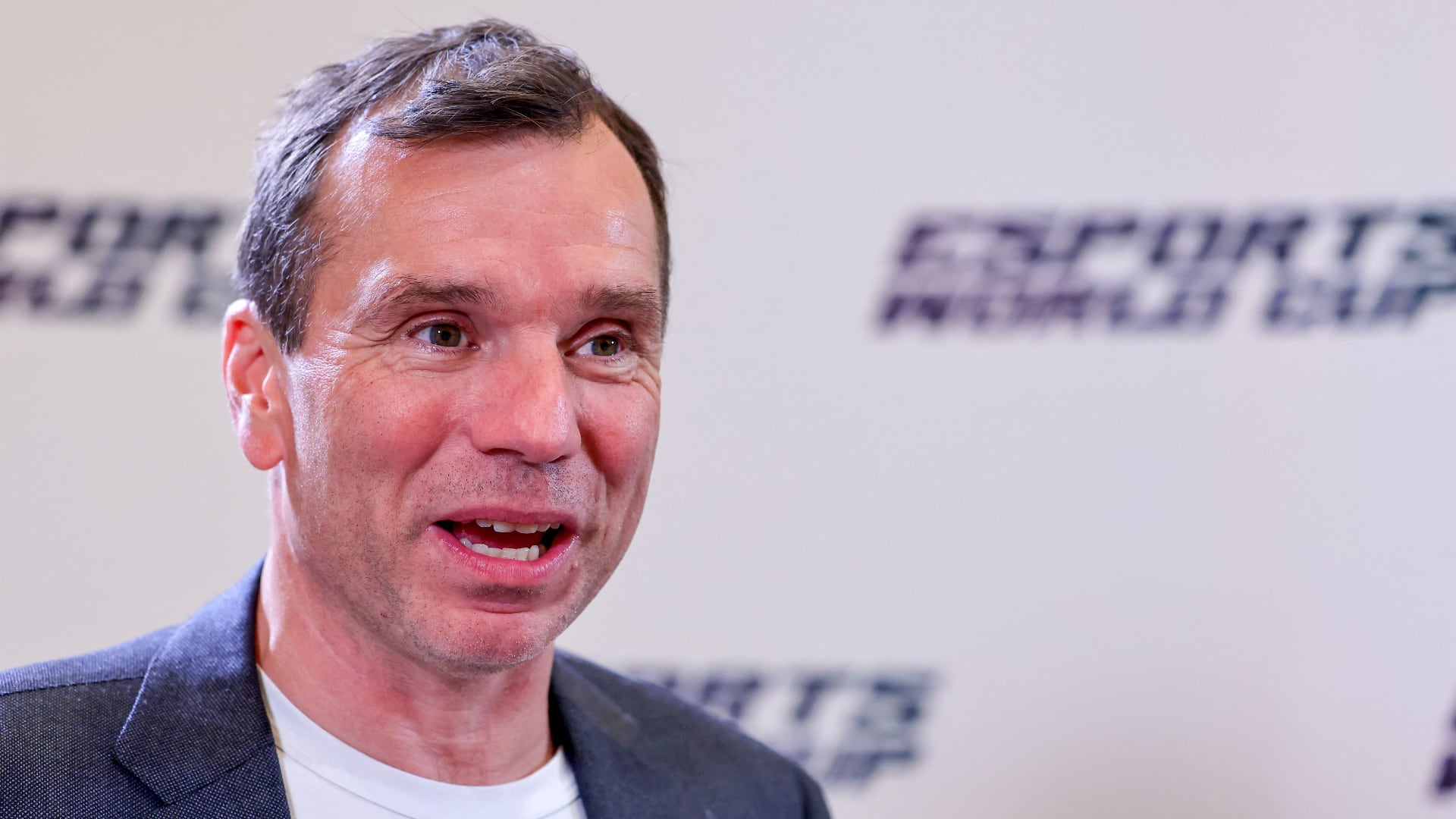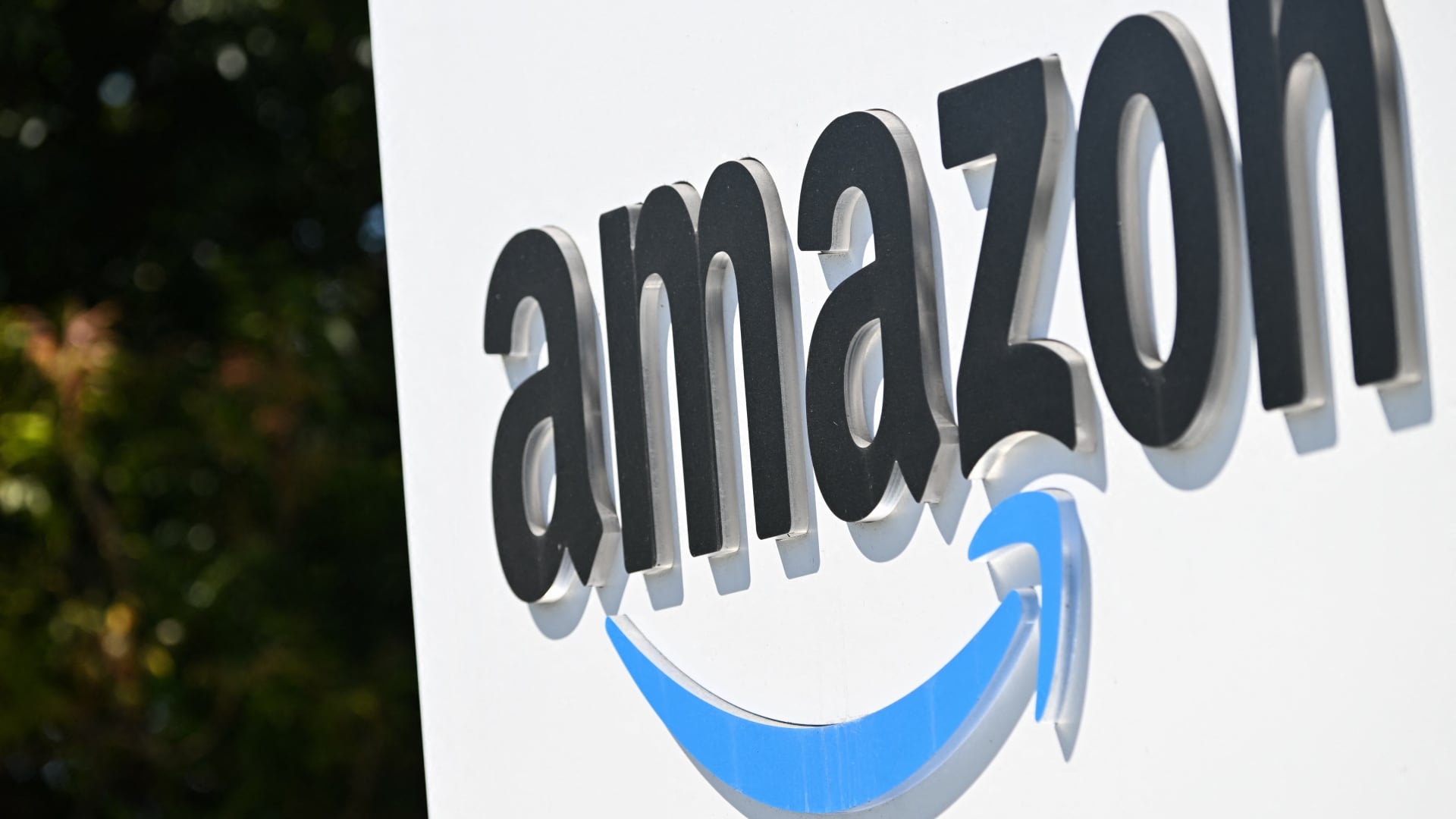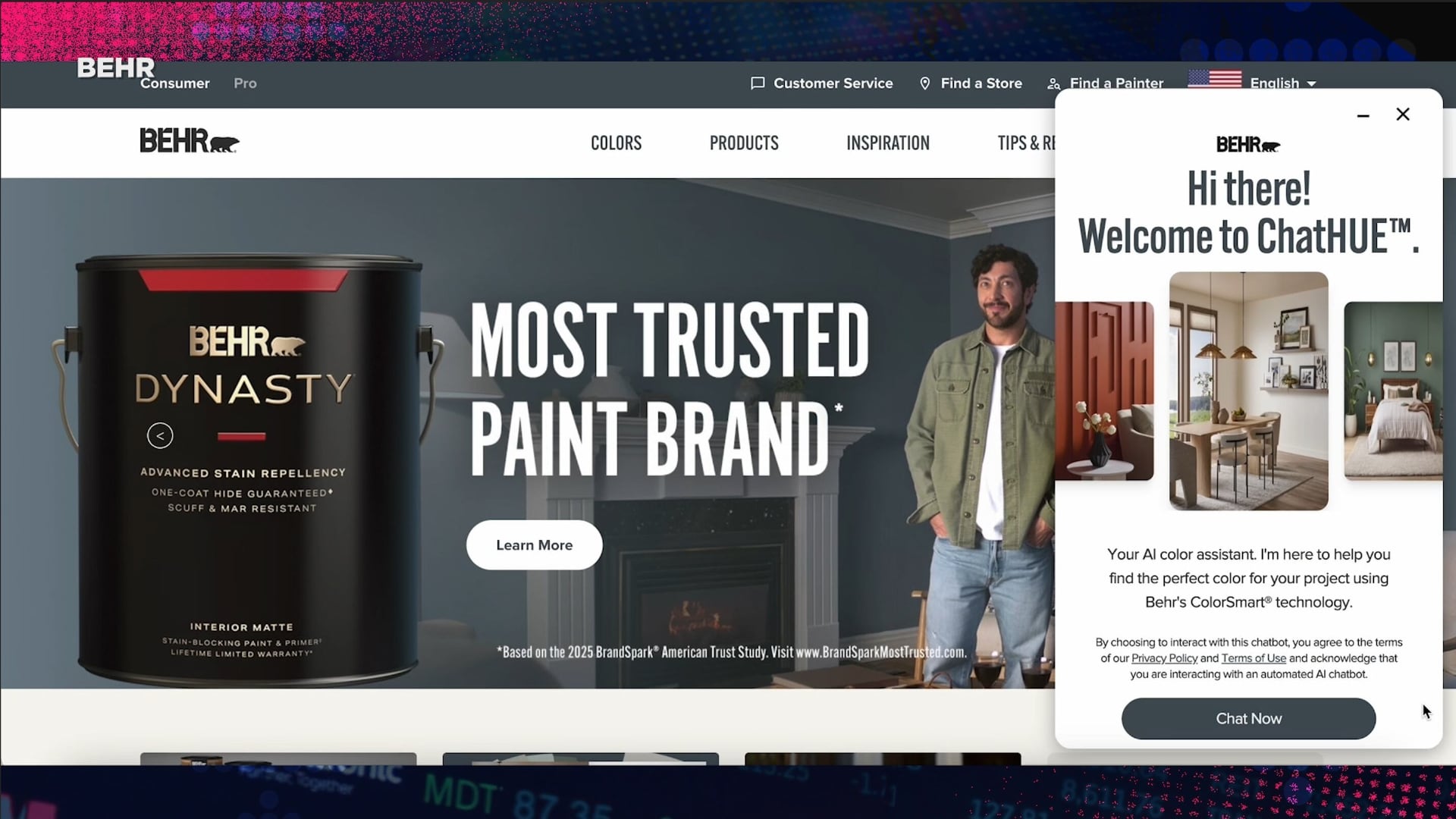*By Carlo Versano* The buzzword "wellness" has crept into marketing-speak at [practically every turn](https://www.nytimes.com/2019/01/08/style/millennial-marketing-wellness-recess.html) these days. But one company with 35 years of experience in the original wellness trend ー weight loss ー doesn't buy the hype. We stay away from that word," said Jenny Craig CEO Monty Sharma in an interview on Cheddar Tuesday. Instead, the weight-loss pioneer is experimenting with new technologies to help its clients lose weight ー and keep it off. This quarter, Jenny Craig will roll out a DNA test that will help dieters customize their own weight loss plans, Sharma said. "We know more about our bodies today than we ever have," he said, and that includes the different ways people metabolize food based on their genetic makeups. Jenny Craig is following [WW](https://www.cheddar.com/videos/ww-says-celebrity-brand-partnerships-are-key-to-member-growth-chief-brand-officer), formerly Weight Watchers, and [NutriSystem](https://cheddar.com/videos/newly-acquired-nutrisystem-brings-dieting-to-the-masses), which both offer DNA "blueprints" as part of their diet products. Sharma said the company's year-old "Rapid Results" program has also been successful in helping people tie their eating schedules to their circadian rhythms. Jenny Craig [claims](https://www.jennycraig.com/rapid-results) the science also has ancillary benefits like improving sleep and blood pressure ー real-world wellness indicators. But at a time of commodified wellness and apps that help you do pretty much everything ー from meditation to improving sleep ー Sharma said the age-old technique of human support remains critical in weight loss. Jenny Craig's strength has always been in its consultations, which make up the backbone of the diet plans, though he added that technology can play a supporting role for self-monitoring purposes. App retention is low and has not been [shown](https://www.ncbi.nlm.nih.gov/pmc/articles/PMC5295827/) to be particularly effective on its own for health, Sharma noted. "It's critical that you have this one-to-one relationship," he said. For full interview [click here](https://cheddar.com/videos/how-to-navigate-wellness-options-in-crowded-health-field).












